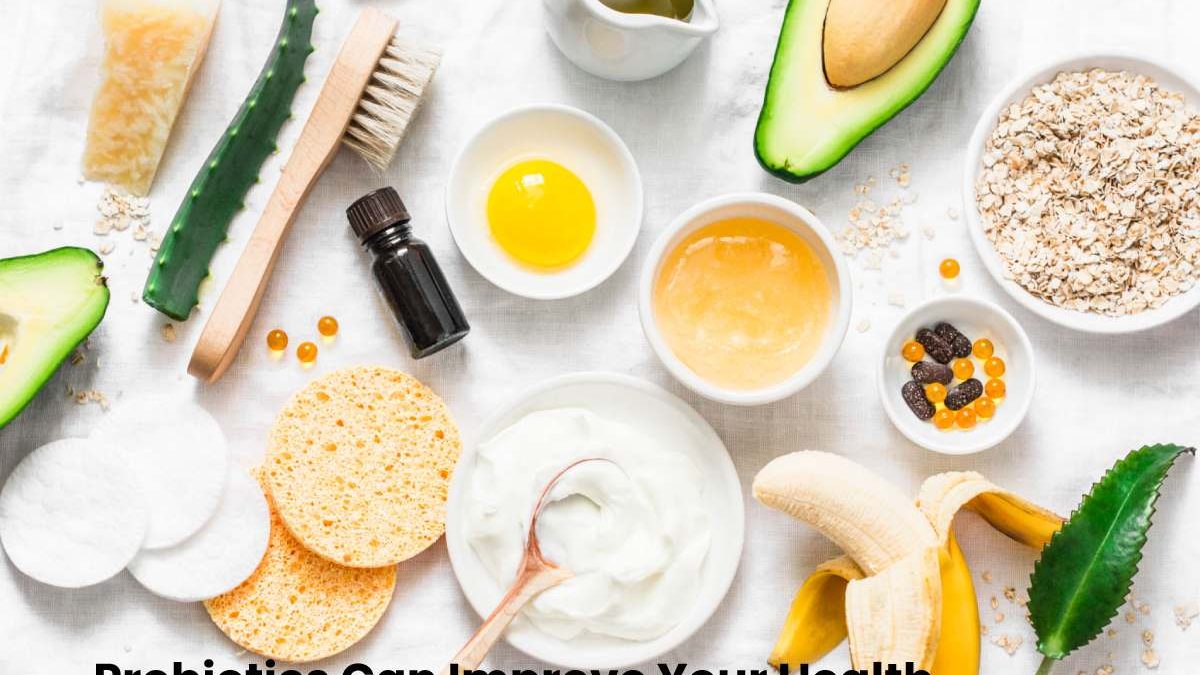Table of Contents
What Are Probiotics?
Probiotics are beneficial bacteria that naturally inhabit the intestines and support overall health. These microorganisms play crucial roles in facilitating digestion, enhancing nutrient absorption, and strengthening the immune system.
When the intestinal flora becomes imbalanced—typically following antibiotic use or due to poor dietary habits—harmful bacteria can dominate the gut environment. This imbalance may weaken the immune system and increase susceptibility to various health issues.
How to Take Probiotics
There are two primary ways to increase your probiotic intake:
- Natural Food Sources: Incorporate foods that naturally contain probiotics into your diet, such as yogurt, kefir, sauerkraut, kimchi, and other fermented foods.
- Probiotic Supplements: Use specially formulated supplements that contain concentrated amounts of beneficial bacteria strains.
Potential Benefits of Probiotics
Research suggests that probiotics may offer several health benefits:
- Lactose Digestion: May help people with lactose intolerance better digest dairy products
- Cardiovascular Health: Could contribute to maintaining healthy cholesterol levels and blood pressure
- Allergy Management: May help reduce the severity of certain allergies and food intolerances
- Mental Health Support: Emerging research indicates a connection between gut health and mood regulation, potentially supporting mental wellness
- Digestive Health: May help manage symptoms of irritable bowel syndrome, inflammatory bowel conditions, and general digestive discomfort
- Immune Function: Could support the body’s natural defense mechanisms
- Digestive Comfort: May help reduce acid-related digestive issues
Note: While these benefits show promise in research, individual results may vary, and probiotics should not replace medical treatment for serious conditions.
Foods That May Compromise Immune Health
Certain dietary choices can negatively impact your immune system and gut health:
- Excessive Salt: While essential for flavor and body function, consuming too much salt may weaken immune defenses and create an environment favorable to harmful bacteria.
- High Caffeine Intake: Although moderate coffee consumption can be part of a healthy lifestyle, excessive caffeine may stress the body’s systems.
- High-Sugar Foods: Items like sugary cereals, ice cream, and condiments high in added sugars can compromise immune function. The World Health Organization recommends limiting free sugar intake to less than 10% of total daily calories, with additional benefits seen when intake is below 5% (approximately 25 grams for a typical adult diet).
- Processed Foods: Many packaged and frozen convenience foods contain high levels of salt, sugar, unhealthy fats, and preservatives that may negatively impact gut health.
- Excessive Alcohol: Regular heavy alcohol consumption can disrupt gut bacteria balance and weaken immune function.
- Refined Carbohydrates: Foods like white bread and sugary snacks can promote inflammation and may compromise immune system effectiveness.
Common Probiotic Strains in Supplements
Probiotic supplements typically contain one to ten different bacterial strains. Some of the most researched include:
- Bifidobacterium animalis: May support immune function and help protect against foodborne pathogens while aiding digestion.
- Bifidobacterium bifidum: Naturally present in both small and large intestines, this strain may assist with dairy product digestion.
- Bifidobacterium breve: Found in the intestinal and urogenital tracts, this strain may help maintain healthy bacterial balance.
- Bifidobacterium longum: One of the most common probiotic strains in the human gut, it may support the body’s natural detoxification processes.
- Lactobacillus acidophilus: Often considered a foundational probiotic strain, it may support nutrient absorption, digestive health, and immune function.
Exercise and Immune Health
Regular moderate physical activity produces anti-inflammatory effects and may reduce infection risk. Exercise helps decrease stress hormone production, including cortisol, which can compromise immune function when chronically elevated. By managing stress hormones through physical activity, the body may be better equipped to maintain optimal health.
Conclusion
Probiotics represent one component of a comprehensive approach to health and wellness. While research continues to explore their full potential, maintaining a balanced diet rich in diverse, whole foods, engaging in regular physical activity, managing stress, and limiting processed foods can all contribute to better gut health and overall well-being.
For those considering probiotic supplements, consulting with a healthcare professional can help determine the most appropriate approach for individual health needs and goals.


